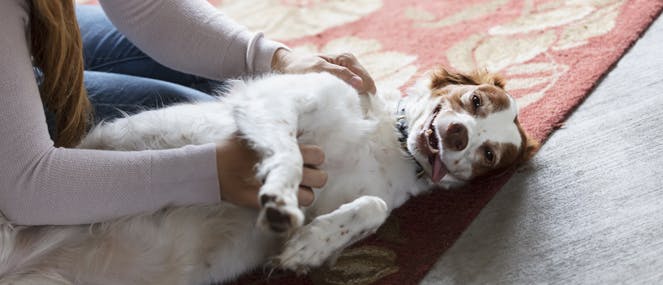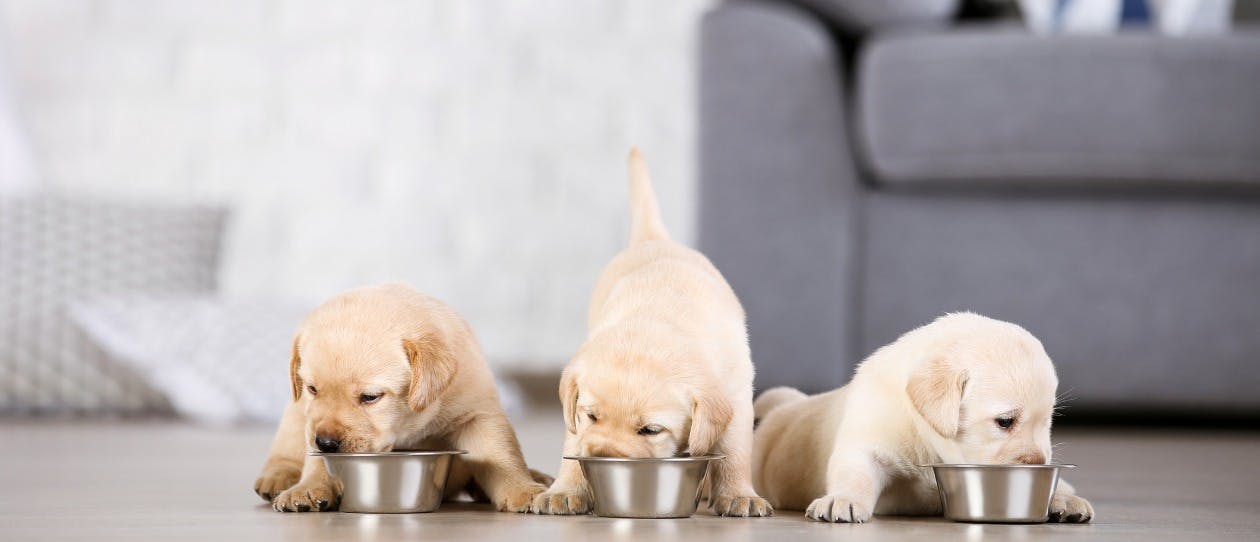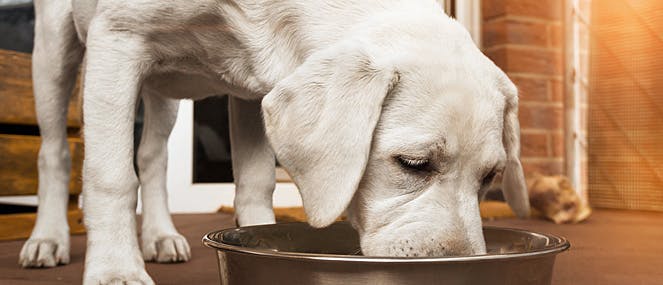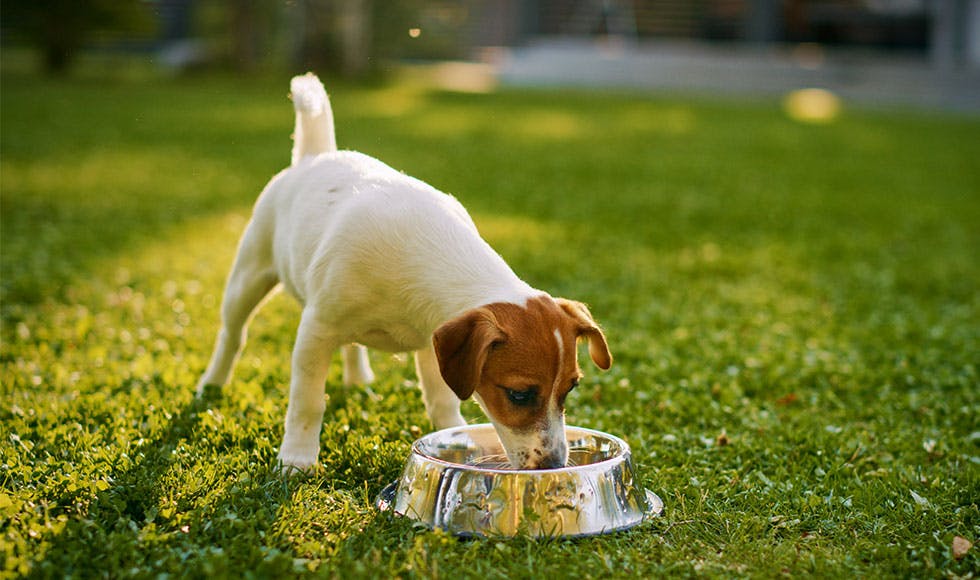
- A Guide To Perfect Your Pet's Health/
- Manage Your Dog's Digestive Health/
- WATCH: 5 things every puppy owner should know
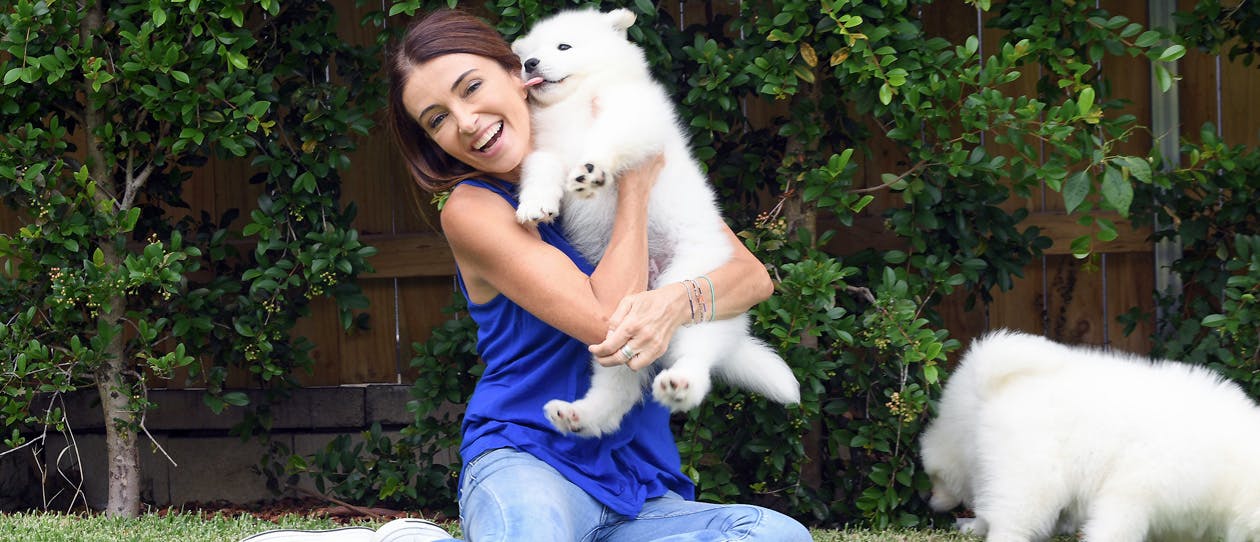

5 things every puppy owner should know
1.Socialise your puppy
Socialising means safely introducing your puppy to a range of positive experiences to help them become a confident, friendly, and relaxed dog. Well socialised puppies grow up to be great pets. Puppies that have negative experiences or are isolated are more likely to become fearful.
Expose your puppy to as many things as possible -people, dogs, cats, children, trucks, cars, skateboards, veterinarians, slippery floors etc.
Introduce sounds around the home such as vacuum, hairdryer and washing machine.
Make sure your puppy is fully vaccinated before socialising in dog-heavy areas (like dog parks) or with new dogs.
Handle your puppy as much as possible, touch their mouth, ears, paws and tail daily and make everything a positive experience by rewarding with lots of praise and treats
2. Teach alone time
Puppies need loads of companionship and training, but they also need to learn to spend time on their own. It can be very tempting to carry your cuddly puppy around or let them follow you about all day, but this can lead to them becoming overly dependent on you and potentially anxious when left alone.
A puppy pen or crate will provide security and keep them out of mischief when you're unable to supervise them. Using a puppy pen will help you teach puppy good house etiquette like what they are allowed to chew and where to toilet.
Place your puppy in the play pen after they have had some playtime and a toilet break and let them learn to settle. Offer a safe chew toy for them to chew on each time you place them there so they learn that the play pen is a positive place to be.
3. Set up good chew habits
Puppies love to chew and providing them with suitable chew toys will help to discourage them from chewing inappropriate items. Whenever your puppy starts to chew an inappropriate object, redirect them to their chew toy and encourage them to use it -this will quickly become a habit for them.
Chew toys need to be safe and virtually indestructible to prevent choking. Placing food or treats inside a chew toy is a great way to get them excited about chewing their toy (instead of your furniture).
4. Training
Training can begin from the moment you bring your puppy home and the more effort you put in, the greater your reward when you have a reliable and friendly family pet.
Puppy classes are invaluable for pups to learn important life skills and are also an opportunity for you to ask questions and learn about training. It is a good idea to involve the whole family in puppy class, so that everyone follows the same rules at home.
When training your puppy, the goal is to always set your puppy up for success. Start all your training in a quiet location where there are no distractions like children, other pets and noises. Perfect each behaviour in this quiet environment until your puppy understands what you are asking. Very gradually, introduce various distractions while you ask your puppy to perform the same behaviour.
5. Digestive support
Puppies need a balanced diet that is high in protein. It is important to feed the right diet for the life stage and health of your puppy and your vet is the best person to advise this.
PAW DigestiCare 60™ contains multiple strains of beneficial probiotics in a tasty powder that can be sprinkled over their food and to aid in the establishment of gastrointestinal microflora of puppies.
Related product:
-
PAW DigestiCare 60™
A multi-strain, multi-species probiotic and wholefood powder for the maintenance of everyday digestive health of pet

